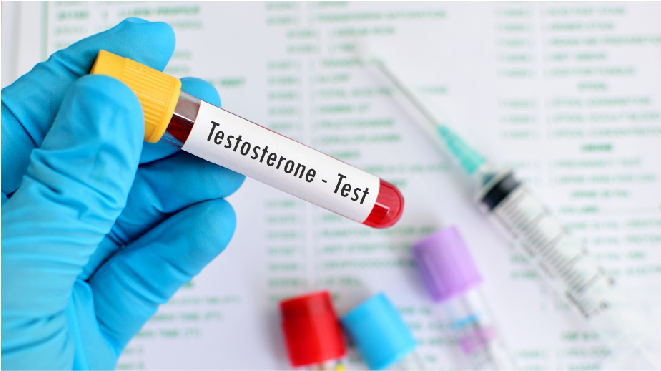Testicular cancer is the cancer in the testicles, the male reproductive organ that makes hormones and sperm. To learn more about testicular cancer, read here.
What Causes of male infertility:
Infertility is defined as the inability to reproduce by natural means, in humans, it means inability to get pregnant or impregnate or carry the pregnancy to its full term.
The general causes of infertility in males include:
Abnormal sperm production or function:
This can be caused due to undescended testicles, genetic defects, conditions such as diarrhea or infections such as chlamydia, gonorrhea, mumps or HIV.
Varicocele:
Varicocele is the enlarging of the veins in the testes is known to affect the quality of sperm and is the most common reversible cause of male infertility.
Issues with delivery of sperm:
Genetic diseases like cystic fibrosis, structural issues like the blockage in the testicles, or damage or injury to the reproductive system can cause problems with the delivery of sperm in men.
Ejaculation issues:
Ejaculation issues like premature ejaculation or retrograde ejaculation can lead to fertility problems too. Retrograde ejaculation occurs when the semen goes back into the bladder instead of coming out of the penis.
Tumours:
Cancerous and some benign tumours can affect the reproductive organs directly or through glands that release reproduction related hormones, such as the pituitary. Surgery, chemotherapy or radiation therapy may be used to remove the tumours.
Chromosomal defects:
Inherited disorders such as Klinefelter’s syndrome can cause abnormal development of male reproductive organs. In Klinefelter’s, the male is born with an additional X chromosome instead of Y chromosome.
Certain medication:
Medication used in testosterone replacement therapy, chemotherapy, certain antifungal medications, long term anabolic steroid use etc., can impair sperm production and decrease male fertility.
Prior surgeries:
Surgeries such as vasectomy, inguinal hernia repairs, scrotal or testicular surgeries, prostate surgeries, or large abdominal surgeries performed for testicular and rectal cancers etc can cause fertility issues that can usually be reversed by removing the blockages caused or by retrieving the sperm directly. Read more about surgeries for testicular cancer here.
Infertility in testicular cancer:
Testicular cancer affects the fertility in males, due to the cancer itself, the pre existing conditions that are risk factors of this cancer or the treatment of testicular or other types of cancers. Explained below is how fertility is affected in testicular cancer and its treatment.
Orchidectomy:
Orchidectomy is removal of a testicle when it is affected by cancer. In most cases, the cancer is only in one testicle and its removal does not affect the ability to father children. But in some cases, the remaining testicle might not function well and so the person’s fertility may decrease.
Retroperitoneal lymph node dissection:
RPLND is a surgical procedure to remove abdominal lymph nodes, a procedure that is used both to treat testicular cancer and to establish the stage and type of cancer. Retroperitoneum is one the prime locations for metastasis for testicular cancer and the cancer can spread to lymph nodes in this area.
RPLND is a long and difficult procedure and surgeon will avoid the nerves to prevent nerve damage. But in case of damage or removal of nerves, it can lead to retrograde ejaculation in men. Retrograde ejaculation does not affect the fertility of the person, only their ability to produce children through natural intercourse. It may be possible to collect the sperm from the male by collecting it from the testes or through urine and use it to fertilize the partner either directly or through in vitro fertilization.
Chemotherapy:
Chemotherapy treatment works by killing the rapidly dividing cells of the body, which usually are cancerous cells. Sperm cells divide quickly too and so become a target for chemotherapy damage. It usually causes temporary infertility that usually goes back to normal some months after chemotherapy, but in some cases the patient might not recover from it. It can also cause permanent infertility if the immature cells in the testicles that develop into sperm cells are damaged to the extent of not being able to produce maturing sperm cells. Know more about chemotherapy for testicular cancer here.
Radiotherapy:
Radiotherapy involves irradiating the tumour location with high intensity radiation to kill the cancer cells. In testicular cancer, if radiation is used to treat the lymph nodes in the abdomen, there is a small risk that the testicles may receive a small dosage of radiation in spite of using a lead shield to block it. Detailed information of radiotherapy for testicular cancers is mentioned here.
It is advised not to try to father any children during and upto a year after radiotherapy. In a healthy testicle, sperm are constantly made and so the side effects from the treatment should only last for a few months after the treatment ends.




